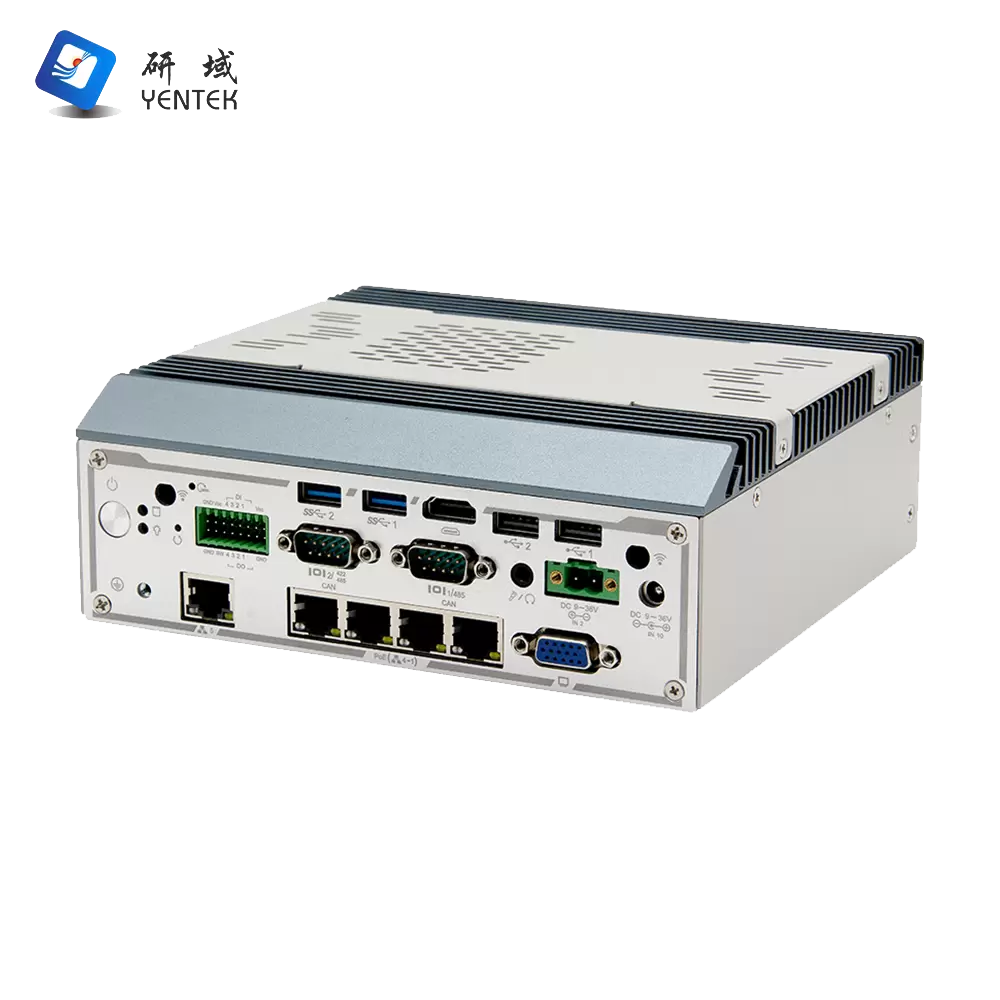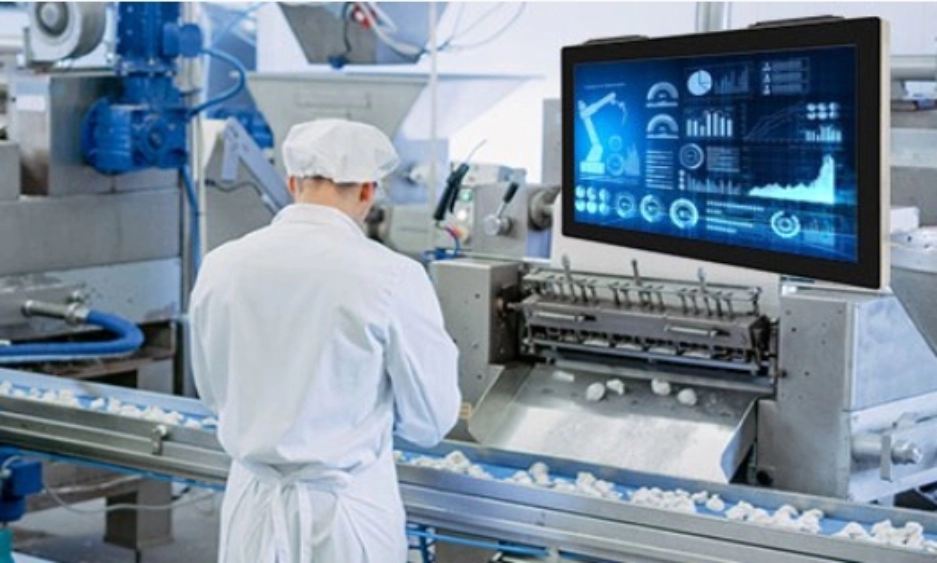Embedded PCs have become integral components in modern industrial control systems, providing the necessary processing power and reliability to manage complex operations. CompaniesYENTEK® specialize in developing these high-tech solutions, focusing on research, development, production, and sales of industrial computing products such as industrial motherboards, firewalls, and panel PCs. This article explores the significance of embedded PCs in industrial settings, their advantages, applications, and future trends.
Understanding Embedded PCs
Definition and Characteristics
Embedded PCs are specialized computing systems designed to perform dedicated functions within larger mechanical or electrical systems. Unlike standard personal computers, embedded PCs are optimized for specific tasks, often featuring:
Compact Size: Designed to fit into tight spaces within machinery.
Durability: Built to withstand harsh environments with temperature extremes, dust, and vibrations.
Low Power Consumption: Efficient energy use is crucial for long-term operations.
Real-Time Processing: Capable of processing data and responding to inputs instantly.
These characteristics make embedded PCs ideal for industrial applications where reliability and efficiency are paramount.

Advantages of Embedded PCs in Industrial Control Systems
1. Enhanced Performance
Embedded PCs provide robust processing capabilities that ensure efficient control over industrial processes. They can handle multiple tasks simultaneously, such as data acquisition, monitoring system performance, and controlling machinery operations without lag.
2. Reliability and Stability
Industrial environments demand high reliability. Embedded PCs are designed with stability in mind, often featuring solid-state drives (SSDs) and fanless designs that reduce mechanical failure points. This reliability minimizes downtime and maintenance costs.
3. Customization
Manufacturers like YENTEK® offer customizable solutions tailored to specific industrial needs. This includes the ability to integrate various communication protocols and interfaces that align with existing systems.
4. Connectivity
With the rise of Industry and the Internet of Things (IoT), embedded PCs facilitate seamless connectivity between machines and central control systems. They support various communication standards (e.g., Ethernet, Wi-Fi, Modbus) that enable real-time data exchange.

Applications of Embedded PCs in Industrial Control Systems
Embedded PCs find applications across various sectors within industrial control systems:
1. Manufacturing Automation
In manufacturing settings, embedded PCs control robotic arms, conveyor belts, and assembly lines. They process input from sensors to optimize production workflows and enhance efficiency.
2. Process Control
Industries such as oil gas or chemical manufacturing utilize embedded PCs for process control. They monitor variables like temperature, pressure, and flow rates to ensure safe and efficient operations.
3. Smart Grid Management
Embedded PCs play a crucial role in managing smart grids by monitoring energy consumption patterns, integrating renewable energy sources, and optimizing distribution networks.
4. Transportation Systems
In transportation, embedded PCs manage traffic signals, monitor vehicle performance in fleet management systems, and enhance safety through real-time data analysis.

Future Trends in Embedded Computing for Industrial Control
As technology advances, several trends are shaping the future of embedded computing in industrial control systems:
1. Edge Computing
The shift towards edge computing allows data processing closer to the source rather than relying solely on cloud-based solutions. This reduces latency and enhances real-time decision-making capabilities.
2. Artificial Intelligence Integration
Integrating AI into embedded systems enables predictive maintenance and advanced analytics. AI algorithms can analyze historical data to predict failures before they occur, significantly reducing downtime.
3. Increased Security Measures
With rising cybersecurity threats targeting industrial systems, manufacturers are focusing on enhancing security features within embedded PCs. This includes hardware-based security measures and continuous software updates to protect against vulnerabilities.
4. Enhanced Interoperability
As industries adopt more diverse technologies, ensuring interoperability between different devices becomes critical. Future embedded systems will prioritize compatibility with various protocols and standards to facilitate seamless integration.

Conclusion
Embedded PCs are vital components of modern industrial control systems, offering enhanced performance, reliability, and customization options that meet the demands of diverse applications. As industries continue to evolve towards greater automation and connectivity through IoT technologies, the role of embedded computing will only expand further. CompaniesYENTEK® providing cutting-edge solutions that drive innovation in industrial environments. The future promises exciting advancements that will further enhance the capabilities of embedded systems in controlling complex industrial processes efficiently and securely.














